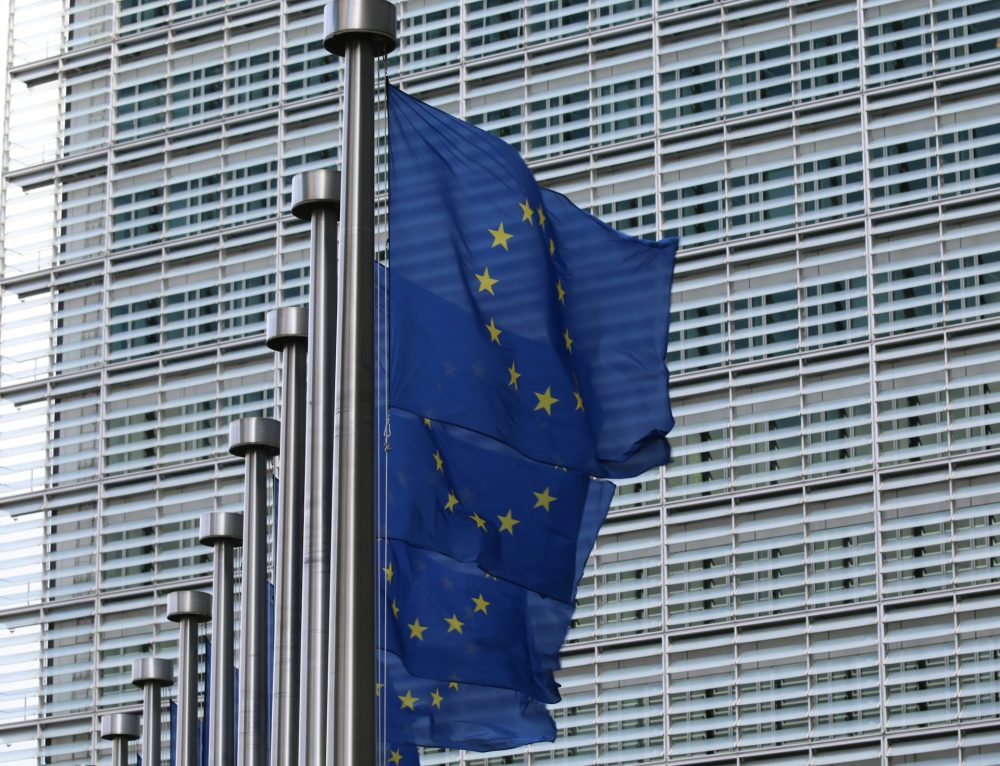Impact Investing
EU Agrees on Food and Textile Waste Reduction Targets
The EU Council and Parliament agreed on new waste reduction targets to promote sustainability. By 2030, food waste must drop 10% in production and 30% in retail and households. The textile sector faces extended producer responsibility, stricter export rules, and recycling incentives. The directive awaits formal adoption before implementation.

The EU Council and the European Parliament reach an agreement on new targets for the reduction of food and textile waste.
The provisional agreement between the European Parliament and the Council concerns the revision of the Waste Framework Directive. The aim is to promote the circular economy, innovation and the shift towards more sustainable industrial and consumer practices across the European Union.
One of the key points of the EU agreement is the fight against food waste
The EU aims to halve global food waste per capita and reduce losses along production and supply chains by 2030, in line with the Sustainable Development Goals. To this end, Member States will have to reduce waste in food processing and production by 10% and in the retail and consumer sectors, including restaurants, food services and households, by 30%.
The European Commission will support Member States through sharing best practices, the EU Platform on Food Losses and Waste, research funding and dedicated grants.
Another new aspect of the directive concerns the textile and footwear sector. Each Member State will have to establish an extended producer responsibility system, obliging companies to contribute to the management of used and waste textile products. This mechanism will encourage the production of more durable fabrics that are easy to reuse, repair and recycle, encouraging investments in separate collection, sorting, reuse and recycling, and promoting a circular economy in the textile sector.
The new rules also strengthen the fight against illegal exports of textile waste. A clear distinction is established between “waste” and “reusable” textile products, requiring sorting before shipping. Furthermore, textile waste can only be exported if the destination country is able to manage it in an environmentally sustainable way.
The new rules will apply to all manufacturers, including those operating through e-commerce, regardless of whether they are based inside or outside the EU. The products affected will include clothing, accessories, footwear, bed linen, kitchen linen, blankets, curtains and hats . At the initiative of the European Parliament, Member States will be able to extend the same scheme to mattress manufacturers.
For the directive to enter into force, the European Parliament and the Council will have to formally adopt it. Once published in the Official Journal of the EU, it will enter into force after 20 days. Member States will then have 20 months to transpose it into national law.
__
(Featured image by Guillaume Périgois via Unsplash)
DISCLAIMER: This article was written by a third party contributor and does not reflect the opinion of Born2Invest, its management, staff or its associates. Please review our disclaimer for more information.
This article may include forward-looking statements. These forward-looking statements generally are identified by the words “believe,” “project,” “estimate,” “become,” “plan,” “will,” and similar expressions. These forward-looking statements involve known and unknown risks as well as uncertainties, including those discussed in the following cautionary statements and elsewhere in this article and on this site. Although the Company may believe that its expectations are based on reasonable assumptions, the actual results that the Company may achieve may differ materially from any forward-looking statements, which reflect the opinions of the management of the Company only as of the date hereof. Additionally, please make sure to read these important disclosures.
First published in ESG NEWS. A third-party contributor translated and adapted the article from the original. In case of discrepancy, the original will prevail.
Although we made reasonable efforts to provide accurate translations, some parts may be incorrect. Born2Invest assumes no responsibility for errors, omissions or ambiguities in the translations provided on this website. Any person or entity relying on translated content does so at their own risk. Born2Invest is not responsible for losses caused by such reliance on the accuracy or reliability of translated information. If you wish to report an error or inaccuracy in the translation, we encourage you to contact us

-

 Markets6 days ago
Markets6 days agoCotton Market Weakens Amid Demand Concerns and Bearish Trends
-

 Crypto2 weeks ago
Crypto2 weeks agoIs Strategy’s Bitcoin Bet Becoming a Dangerous House of Cards?
-

 Fintech4 days ago
Fintech4 days agoFintech Alliances and AI Expand Small-Business Lending Worldwide
-

 Crowdfunding2 weeks ago
Crowdfunding2 weeks agoSpain’s Real Estate Crowdfunding Boom: Opportunity, Access, and Hidden Risks

























